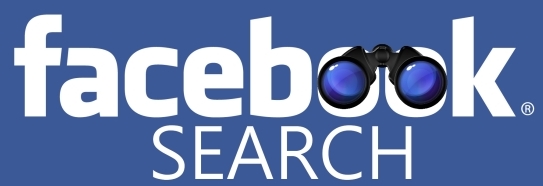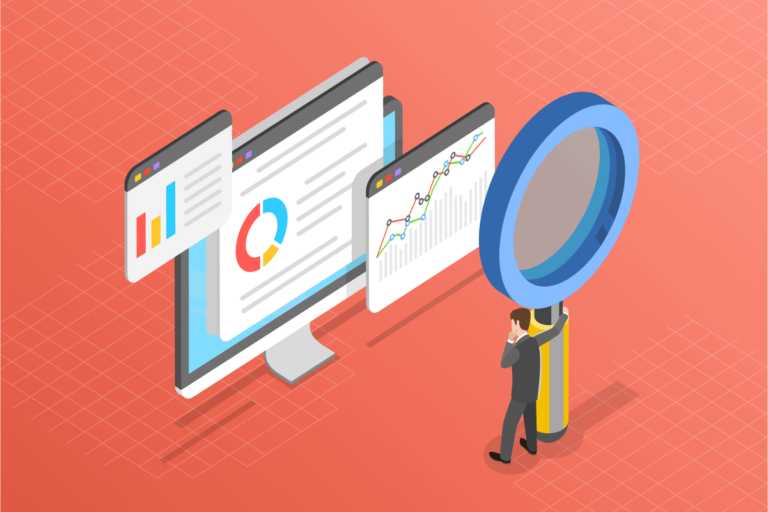Many of your clients have their own social media profiles, and even we offer social media services. As one of the most widely-used social media sites, Facebook has become a very important part of your clients’ marketing strategy. It’s a good platform for building each client’s brand image and network, and an excellent direct communication hub between your clients and their customers. But can Facebook likes also help boost your clients’ rankings? This is what I want to talk about in today’s blog.
A “Not-Quite” Situation
The debate on whether or not Facebook likes affect your organic rankings has been going on since 2010. Many speculated that, despite Google and Bing’s denials, they do use social media activity as a determining signal when ranking websites, although both search engines kept mum about it. Finally, in April of last year, the two search engines finally admitted that Facebook activity directly affects SEO, but not quite in the way you may have expected.
Facebook likes did not have a direct impact on SEO, as it is today. Google did admit that they give some credit to links shared on the public pages of the popular social network. However, their criteria for giving these links credit follows basic SEO requirements, and the number of likes each link receives has no bearing. They look at author authority and content quality when judging the links posted on a page. Google collects no personal data from the walls of personal accounts – it’s still all about the king of SEO: content.
Google has since made major changes to their algorithms. Facebook likes and shares now have no direct bearing over your clients’ rankings. Bing maintains its agreement with Facebook, and they use information from the social media site and other social platforms to choose what appears first on their SERPs.
Making the Most Out of Facebook
While Facebook may not have a direct bearing on Google SERPs rankings, it does have an indirect bearing. As I mentioned earlier, it is a good platform for building brand image and widening networks. Through Facebook, you can share free information on your client’s industry and start viral campaigns to get more people talking. The resulting increase in web buzz and shares outside Facebook are two main elements that search engine crawlers detect and weigh to rank your client’s site.
Another way you can make the most out of Facebook is by using their Events feature. Google indexes and displays public events on the social network. Promoting your client’s events or creating a viral campaign using the Events feature is a good way of using Facebook to increase awareness of your client’s brand.
Just because Facebook likes don’t influence SEO directly doesn’t mean you should leave your client’s page without any optimization. Make sure to add appropriate descriptions for each picture you share with the public. Manage the comments your clients, getting rid of spam comments and leaving constructive and informative comments that encourage a healthy discussion. This builds your client’s brand authority, shows transparency, and prepares their profile for changes as search becomes more social.
The Future of Facebook and SEO
In How Facebook Search Will Redefine SEO, I shared with you Mark Zuckerberg’s thoughts on developing their own search engine and entering the search industry one day. Facebook, he says, is in a unique position because they possess their users’ personal information. They can easily track what pages they like, what they talk about, and what their friends like. If they develop their own search functionality, they can use this information to tailor results and provide more relevant listings. They already have something close to this – their Open Graph protocol. This allows app developers to create actions and connect these to specific objects. Facebook will display these objects to more users as people engage with the app. These objects will appear on their news feed, timeline, and ticker.
There’s always the possibility that Google will include Facebook statistics in their algorithm once again. This time, though, they may not look at the shares, but may implement a system similar to the one they use on YouTube now. Instead of looking at how many times a link has been shared, Google can track engagement by monitoring how long a person stayed on each page. We have to wait and see what Google is planning in the future.
Check out our social media packages and talk to your account manager to learn how you can make the most of your Facebook presence. Sign up today and get your free dashboard if you’re not yet our partner, and keep checking back here for more updates and tips on SEO!





